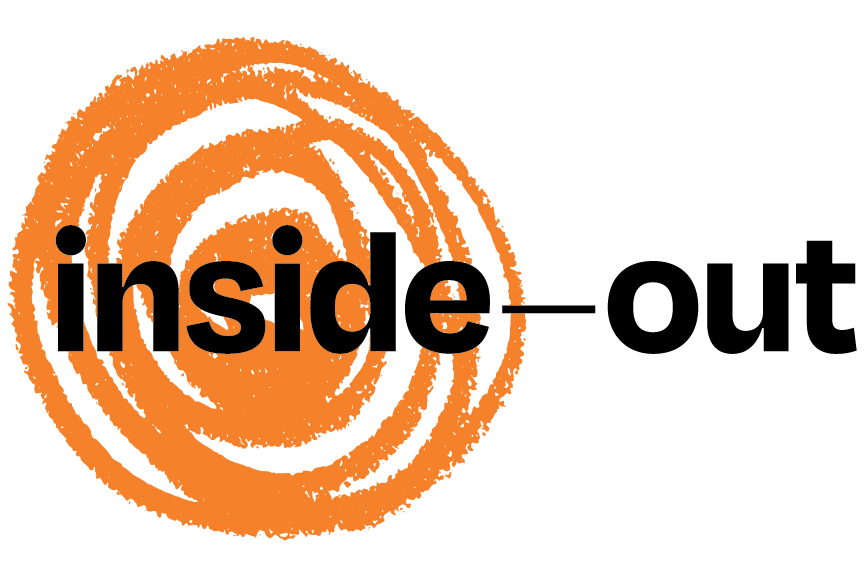You are allowed to heal
There’s this idea floating around the VC/founder ecosystem recently, that founders are motivated by deep-seated trauma, and that any successful attempt to address that trauma — whether it’s therapy, meditation, coaching, psychedelics, or a combination of these and/or other modalities — risks messing up the founder's motivation and, more importantly to some, the company’s returns.
As someone who expressly understands and values the opportunity presented by deep seated trauma in startups, the idea that healing should be resisted is understandable.
And is also bullshit.
Let’s explore.
Should founders be discouraged from healing?
Perhaps you’ve run across some tension coming to the surface inside the VC/founder ecosystem recently: the idea that founders are motivated by deep-seated trauma, and that any successful attempt to address that trauma—whether it’s therapy, meditation, coaching, psychedelics, or a combination of these and/or other modalities—risks messing up the founder's motivation and, more importantly to some, the company’s returns.
Understandably, this perspective has ruffled some feathers, but it’s important to know here that the dynamic isn’t “founders vs VCs” in the way it’s often presented. Ruffled feathers abound on both sides.
This conflict actually exists between people at different levels of psychological development. Namely, between those who still identify with the values they inherited from society, and those who have seen through those values, and begun to do the work to discover and live by their own.
Three quick things to consider here:
1. Many/most VCs are motivated by the same “deep seated trauma/bug,” although they may not know it yet.
Like founders, most VCs overindex on achievement for one main reason: an existential belief in their own deficiency, and a subconscious desire to use external validation to quiet the critics in their heads. That’s the deep seated trauma, and it’s shared by folks on both sides of the table.
But at some point, most achievers (founder or VC) realize that external accomplishments don't satisfy for long, so they begin exploring other routes to find lasting contentment. Thus begins what in this context might be called a “healing journey.”
Many of the top VCs who have been in the game for a long time have realized the limitations of trauma-driven accomplishment themselves (Paul Graham, Brad Feld, and Jack Altman come to mind) as have each of my VC coaching clients.
But the VCs perpetuating the idea that founders should not heal themselves have not. They do not yet see their own “bug,” as it were, and so cannot help but see others’ progress through their own lens (“if I stopped feeling existentially shitty about myself, I’d be hella lazy! So that must be the case for them, too”).
Seeing the way your system works, bugs and all, and moving your sense of Self from subject to object, is the definition of psychological development. Until a person has undergone their own “healing journey,” they can’t help but live through society’s values (expand GDP at all costs). As a result, anyone who goes off the path to create their own values is threatening.
2. This speaks to the degree to which our current society has lost the thread.
The resistance to high achievers healing themselves is a symptom of a profoundly sick society.
In the West, we've somehow determined that a person is only valuable to the degree to which they serve the market, rather than that the market is valuable only to the degree to which it serves people.
We have been convinced that this is normal, or appropriate. It is not.
The idea of market primacy didn't exist until the last few hundred years. For all human history before then, the goal was not GDP but rather human flourishing (albeit sometimes a narrow group of humans).
Aristotle: “The life of money-making is one undertaken by compulsion, and wealth is evidently not the good we are seeking; for it is merely useful and for the sake of something else.”
Plato: “The accumulation of money is not the chief good; rather, the good life is one characterized by the cultivation of virtue, knowledge, and justice.”
Seneca: "It is not the man who has too little, but the man who craves more, that is poor."
Our current predicament is the outlier, not the rule.
3. The idea that healing our trauma saps our motivation is wrong on its face.
You do need a profound motivation to be successful as a founder. But that motivation doesn't have to come from existential discontent. Once you heal that discontent, it can come from joy, purpose, love, play, and many other places.
In fact, the data shows that cleaner motivations like this are more effective. Key studies here:
Self compassion increases self-improvement motivation:
Self compassion leads to greater resilience:
Self compassion correlated with performance outcomes across domains:
I’ve even written a whole guide on the different types of motivations that are available to you once you finally do the work to heal your existential not-enoughness.
---
Whether you’re a founder or a VC, you are allowed to heal. Recognizing that external accomplishment does not make for a good life, you are allowed to do the internal work to be happy. You are allowed to do this work, despite what your investor, or your peer, or even your cofounder says. Moreover, the data (both empirical and anecdotal) suggests that you’ll be more effective when you do, not less.
However, what this latest hubbub suggests is that stepping off the hustle treadmill for even a minute is countercultural enough that you should expect some resistance.
Have empathy for those resisting. It’s not their fault; they simply haven’t developed to that point in their journey yet.
Have empathy, and then ignore them.
Want to dive deeper?
If you liked this, check out this list of my top posts, read and shared by thousands of entrepreneurs.
Here are a few of my favorites:
The secret to leadership (why authentic leadership is simply more effective)
How to pitch a big vision to investors without setting yourself up to let people down
Executive Coaching for Entrepreneurs
There’s a reason every elite athlete in the world works with a coach. You need more than one perspective to see your best work.
I’m an executive coach and the founder of Inside-Out Leadership, a boutique leadership development agency that supports entrepreneurs to step fully into their lives, and transform their companies into their masterpieces.
Leveraging 15-years as a founder/CEO, along with deep training in mindfulness, psychology, Neurolinguistic Programming, psychedelic integration and more, I have helped leaders from some of the fastest growing companies and VC funds in the world design a more conscious life and make key changes to improve their performance and satisfaction.
I coach leaders how I want to be coached:
Focused on the person, not the role.
Focused on results, without the fluff.
To learn more about working with me, click here.

